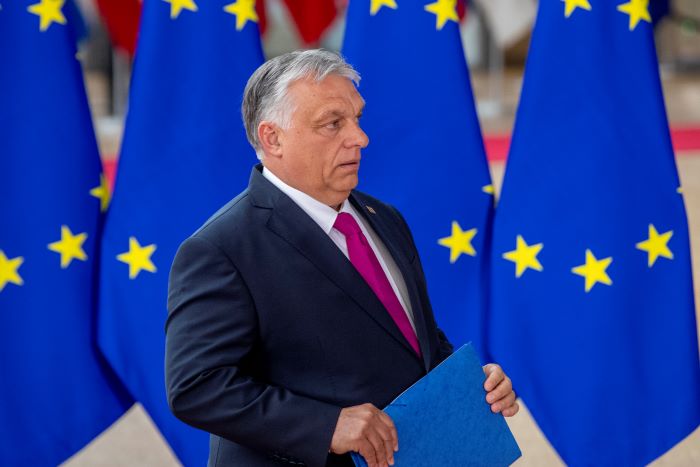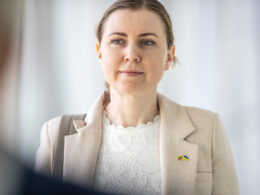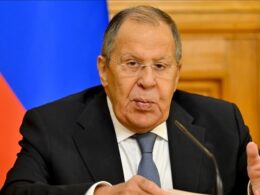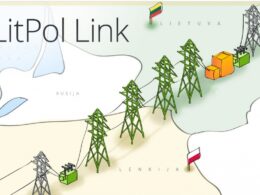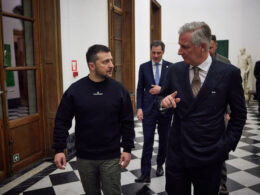The European Commission and Baltic leaders have strongly criticized Hungarian Prime Minister Viktor Orban's visit to Moscow, questioning its impact on EU unity and Hungary's role as the current holder of the EU Council presidency.
European Commission spokesperson Eric Mamer said that Orban's trip "seriously calls into question the traditional visit of the Commission President to Hungary" planned for after the summer break, reports European Pravda.
Mamer emphasized that canceling the visit to Budapest would signal that "some actions, which we believe are moving in the wrong direction," are unacceptable.
The Commission spokesperson also clarified that Orban's trip was not associated with any EU mandate and that the Hungarian leader had not informed or coordinated his plans with the European Commission.
Baltic leaders also criticized Orban’s visit to Moscow. Lithuanian President Gitanas Nauseda said that Orban's "unilateral decision to go to Moscow doesn't in any shape or form represent the EU position.” He said that it also undermines trust in the Hungarian presidency.
Latvian Prime Minister Evika Silina called the meeting with Putin "totally unacceptable," stating it "undermines efforts for Ukraine's victory and a just peace."
Estonian Prime Minister Kaja Kallas, soon to lead EU diplomacy, emphasized that Orban "is exploiting the EU presidency position to sow confusion.”
“The EU is united, clearly on Ukraine's side and against Russian aggression," she wrote on X.
European Council President Charles Michel reinforced on social media that "the EU rotating presidency has no mandate to engage with Russia on behalf of the EU."
Hungarian Prime Minister Viktor Orban arrived in Moscow on 5 July to talk with Russian leader Vladimir Putin.
Orban acknowledged his lack of authority to negotiate between Ukraine and Russia on behalf of the EU, saying, "I don't need a mandate because I don't represent anything.”
The Office of the EU High Representative for Foreign Affairs and Security Policy confirmed that Orban's visit was strictly within the framework of bilateral relations between Hungary and Russia.
Read also:
- Germany bolsters Ukraine’s air defense against Russian missiles with third Patriot system
- Hungarian Prime Minister Orban officially arrives in Moscow
- Stoltenberg hopes Ukraine to become NATO member in next 10 years

